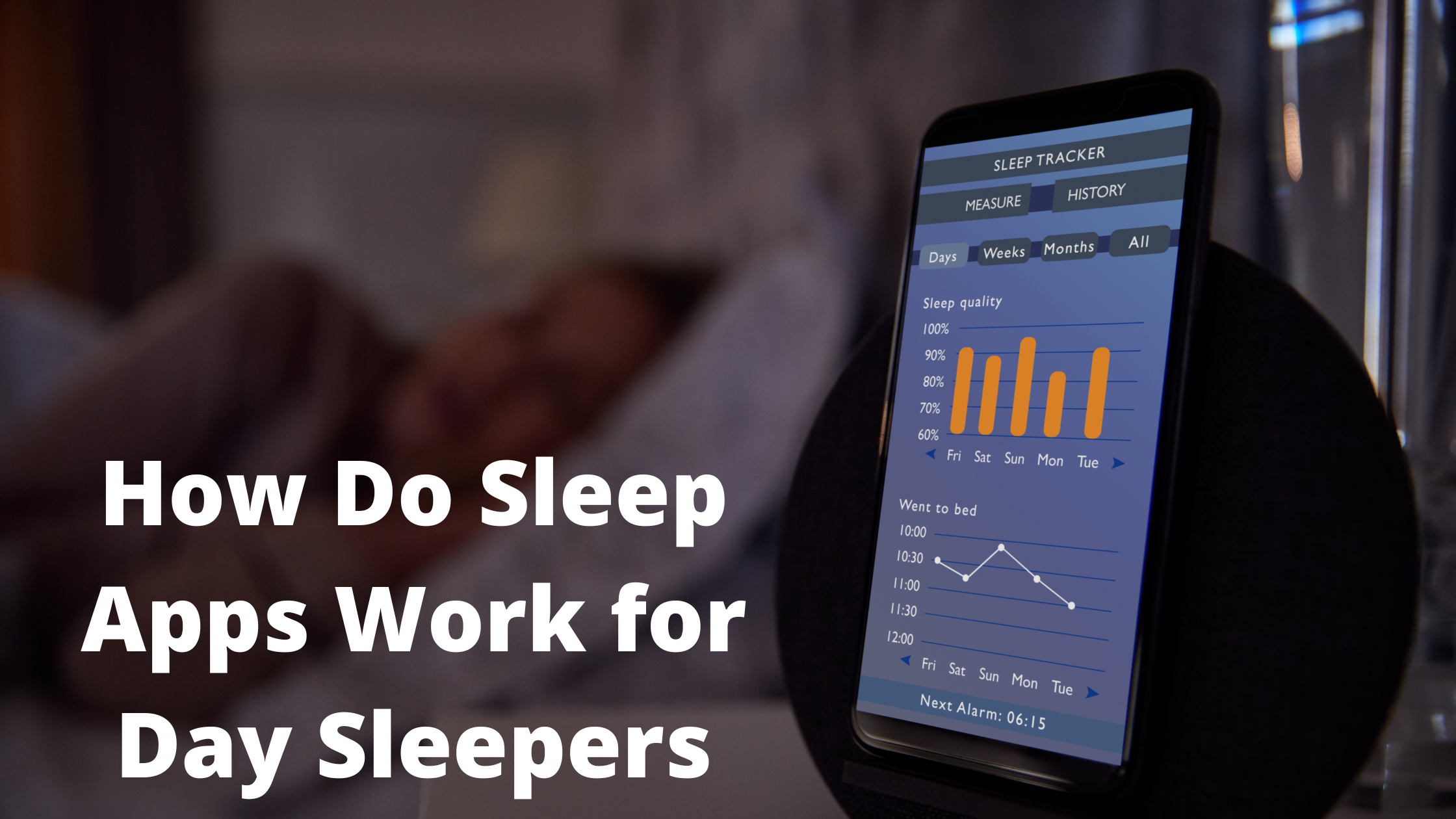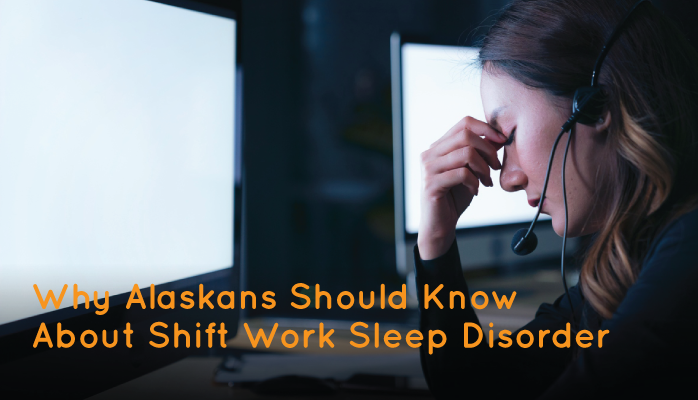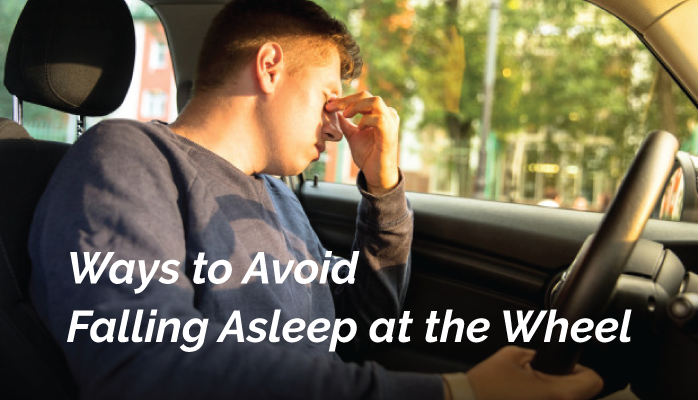Fatigue is more than just feeling tired after a long day; it’s a serious occupational hazard that can impact workplace safety, productivity, and overall employee well-being. In many industries, especially those involving long hours, shift work, or physically demanding tasks, fatigue is a common yet often overlooked issue. Recognizing its risks and implementing strategies to mitigate fatigue is essential for both employers and employees.
Recovering from Night Shift: How to Rebalance Your Sleep and Health
Working the night shift can be challenging. With your schedule flipped, you might struggle to maintain quality sleep, proper nutrition, and an overall sense of balance. However, after a stretch of night shifts, it’s essential to help your body recover and get back on track to avoid long-term impacts on your health and well-being. Here are some practical tips to help you effectively recover from night shifts, improve sleep quality, and restore energy levels.
How to Get Good Sleep When You Are On Call: Tips and Strategies
Being on call can significantly disrupt your sleep, making it challenging to get the rest you need to perform effectively and maintain your health. Whether you're a healthcare professional, IT specialist, or in any role requiring you to be available at all hours, managing sleep while on call is crucial. This blog post will provide practical tips and strategies to help you get good sleep even when you have to be ready to respond at a moment's notice.
A Healthcare Worker's Guide to Achieving Restful Sleep
As a healthcare worker, getting a good night's sleep can be a challenge due to irregular schedules, long working hours, and high levels of stress. However, quality sleep is crucial for maintaining good physical and mental health, as well as ensuring optimal performance in your demanding profession. In this blog post, we will explore effective strategies and habits that can help healthcare workers prioritize and improve their sleep.
Shift workers, or those who work long hours at increased risk for drowsy driving. Drowsy driving is one of the leading causes of car accidents in the United States. However, it's more difficult to determine the exact prevalence due to the discretion of drowsy driving.
You may feel like you are stuck at a crossroad. You're tired, but you have to get home, right? Maybe you've worked over 24-hours if you work in a profession such as medicine. These crazy shifts may fall outside of your normal sleep hours, making it very hard to get enough rest before falling asleep. Continue reading to learn some tips for how to stay alert while driving home when you're tired.
Even though it's important to get eight hours of sleep throughout the night, those working night shifts, unfortunately, do not have that possibility. In fact, working night shift often comes with increased wages and reduced administrative hassle. For some families, it actually allows them more flexibility with children and other family obligations.
So, if you are someone who is required to work night shifts, sometimes, staying up can be hard. But, in order to not lose your job, or worse, have a severe accident, it's crucial to learn how to stay awake. Continue reading for tips for staying awake during night shifts.
How to Get Good Sleep as a Pilot or Flight Attendant
As a flight crew, meaning a pilot or flight attendant, good sleep can be hard to come by. Flying, whether private or commercial, can make getting a good night's rest seem nearly impossible. The times can be at odd hours, and long hours. The job itself is physically and mentally draining with all the flying, dealing with customers, and trying to make sure that everyone is safe.
But, considering the alertness that is required for a job like flying, sleep is very important. A lack of sleep can lead to issues with focusing and concentration. But as a customer who is 30,000 miles in the air, the last thing you want to hear is that your pilot only slept a few hours.
Therefore, it's important as a member of a flight crew, no matter your role, that you manage to get a good night's rest. Continue reading to find out how to get good sleep as a crew.
It's no secret that our entire world is becoming increasingly digital by the moment. Sleep apps are just the latest representation of this new way of life. But how exactly do sleep apps track sleep?
Well, the sleeptech market is growing. Research and Markets estimates that the sleep-tech-device revenue will increase from $12.9 B - $49.9 B from 2020 to 2030. More and more people are paying attention to their health and turning to wearables, sleep tracker apps and other accessories that can be used to help everyone get a good night's sleep.
Day sleepers, however, have a different set of needs and challenges. Nontraditional sleepers, like shift workers, create an additional challenge to the way companies collect data and offer sleep recommendations. Continue reading to see how some sleep apps are accounting for day sleeper's routines and what is to come.
Why Alaskans Should Know About Shift Work Sleep Disorder
Shift Work Sleeping Overview
Shift work sleeping disorder is a circadian rhythm disorder that causes sleep deprivation as a result of doing shift work. It's not uncommon for people to experience sleep problems when they work irregular, long, or night shifts. When this happens, it is called shift work sleep disorder.
Not everyone who works outside of the typical M-F, 9-5 shift develops this disorder, but it a frequent occurrence for people living Alaska given the relatively high number of shift work occupations here.
Stay safe on the road
Many people have felt that scary feeling of drifting slightly to sleep while driving, only to perk up with a start. Or that scary feeling of hearing though warning on the side rumbling your tires. Especially for shift workers, sleeping at the wheel is one of the main causes of death.
If you drive often, work as a commercial truck driver, or have a longer commute, these tips and tricks could be highly useful for you









